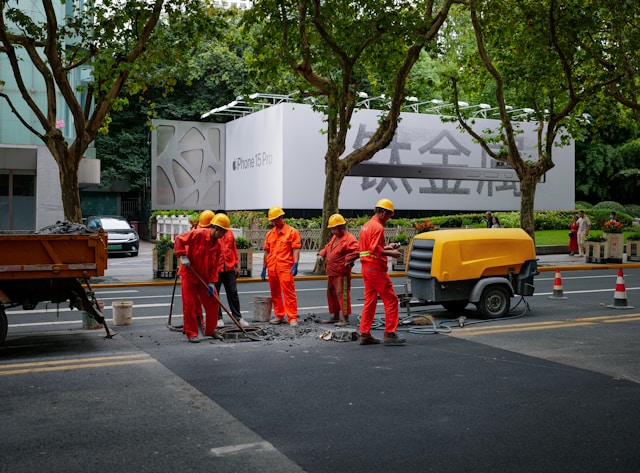RON is transforming the document-signing process, offering both signers and Notaries many benefits. Here are some of the significant advantages:
Using technology-driven ID verification and knowledge-based authentication methods, RON ensures that only genuine documents are signed. This makes it more secure than traditional paper-based notarizations. It also helps streamline processes like loan closings, which require notaries to meet in person with signers.
Contents
Convenience
With RON, clients and notaries can meet online via video conference to streamline the notarization process. This solution offers a convenient, intuitive experience for all parties. However, it is not a replacement for in-person meetings.
During the COVID-19 pandemic, the requirement for social distancing and shelter-in-place protocols prompted demand for remote document authentication services. This hastened the adoption of RON laws in many states.
Notaries should be familiar with the latest advancements as technology evolves to stay relevant in their field. Whether it’s new tools for ensuring security, improving the client experience, or boosting efficiency, embracing technology is crucial to staying competitive and profitable.
RON services help prevent fraud by vetting signers using online database-driven identity verification tools. Signers are only connected to a commissioned notary after passing credential analysis and knowledge-based authentication stages. This protects against financial exploitation, identity theft, and other forms of coercion. This makes RON a secure alternative to traditional in-person notarizations.
Security
For borrowers, lenders, and settlement agents, remote online notary services provide an open, scalable solution that delivers a simple and intuitive closing experience. Unlike in-person interactions, where a notary witness must be present for documents to be signed, RON allows document signers and notaries to connect via live, two-way audio and video communication to complete the transaction.
Using a trusted RON platform that offers identity verification, tamper-evident technology, and rigorous training programs for notaries helps reduce the risk of fraud. It enhances the role of the notary public. RON providers follow stringent recordkeeping and security standards to ensure compliance and data privacy.
Most states with RON laws require notaries to capture a journal entry of all interactions. With a RON system, a notary can charge a more robust electronic record that includes information such as the date and time of the exchange, photos of government-issued ID presented to the notary, and an audit trail with details about each activity.
Scalability
A remote online notarization provides the convenience of completing a document signing session without traveling or rescheduling meetings. This helps individuals with time constraints or mobility issues, especially during the COVID-19 pandemic, conduct their notarizations on a flexible schedule and from the comfort of their homes.
For businesses that utilize RON, it can also provide an efficient workflow that reduces paperwork and eliminates the need for paper storage. In addition, a centralized digital record can also help protect against mishaps by providing a comprehensive audit trail of the transaction.
Using a platform with robust ID verification tools ensures that each notarization is conducted by state law, preventing fraudulent identity theft. This includes verifying each signer’s identity through an audio-visual, two-way video session and storing a complete archive of the notarization for up to a decade. Each session also comes with tamper-evident technology, making forgeries more challenging and easier to identify.
Trust
Notaries are a trusted resource in the real estate market, and many of these transactions occur remotely. With RON, home buyers and sellers can connect with a notary online in their homes. This helps to ensure a smooth, efficient transaction for everyone involved.
Unlike traditional notarial interactions, remote online notary platforms record the entire notarial act. This means that if duress or coercion is suspected, there’s proof that it occurred – not just an opinion of the signer.
Additionally, most RON platforms offer database-driven identity verification tools to help Notaries vet the signers appearing before them. Notaries can verify the signers’ identities through credential analysis and knowledge-based authentication stages. This helps to prevent fraud and protect the notaries’ reputations. For these reasons, RON has become the preferred method of document validation for many Notaries and signers, especially during the COVID-19 pandemic.




